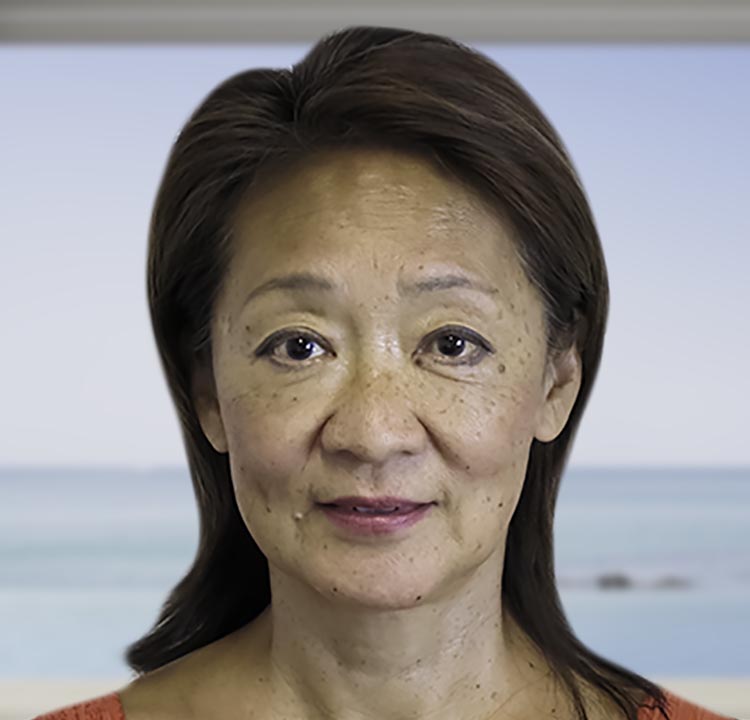Lou brings experience as a biopharma industry leader and a champion for accessible healthcare as she carries on the legacy of life partner John C. Martin.

Lillian (Lily) Lou, PhD, who led a successful career in biotechnology before transitioning to global health issues, has joined Scripps Research’s Board of Directors.
Lou is President and Program Director of The John C. Martin Foundation, a private nonprofit organization working to bring improved healthcare to socially and economically disadvantaged populations. The Foundation was founded by her late life partner, John C. Martin, who had also served as a Scripps Research board member.
“Lily brings added strength to our Board of Directors, with experience spanning many key areas of science and global health,” says Scripps Research President and CEO Peter Schultz, PhD. “As a team, Lily and John were a humanitarian force that changed lives all over the world. As Lily continues this important work, we are privileged she will be sharing her voice and ideas to help us carry out our mission as a globally minded biomedical institute.”
Lou has run The John C. Martin Foundation since its inception and formation in 2014. The Foundation was established with the goal to facilitate sustainable improvement of health care with a focus on the advancement of control and prevention of endemic illnesses among underserved populations.
Prior to the Foundation, Lou had over 20 years of work experience in the pharmaceutical industry. She directed discovery biology research and clinical studies, and managed regulatory and medical affairs in several pharma and biotech companies focusing on disease areas including viral hepatitis and inflammatory diseases like lupus. Lou was also responsible for leading the medical science activities in HIV/AIDS and viral hepatitis especially in resource-challenged countries in Africa, South- Southeast Asia, Eastern Europe and Latin America.
Lou earned her PhD in biochemistry from the University of California, Los Angeles, followed by a postdoctoral fellowship at Stanford University